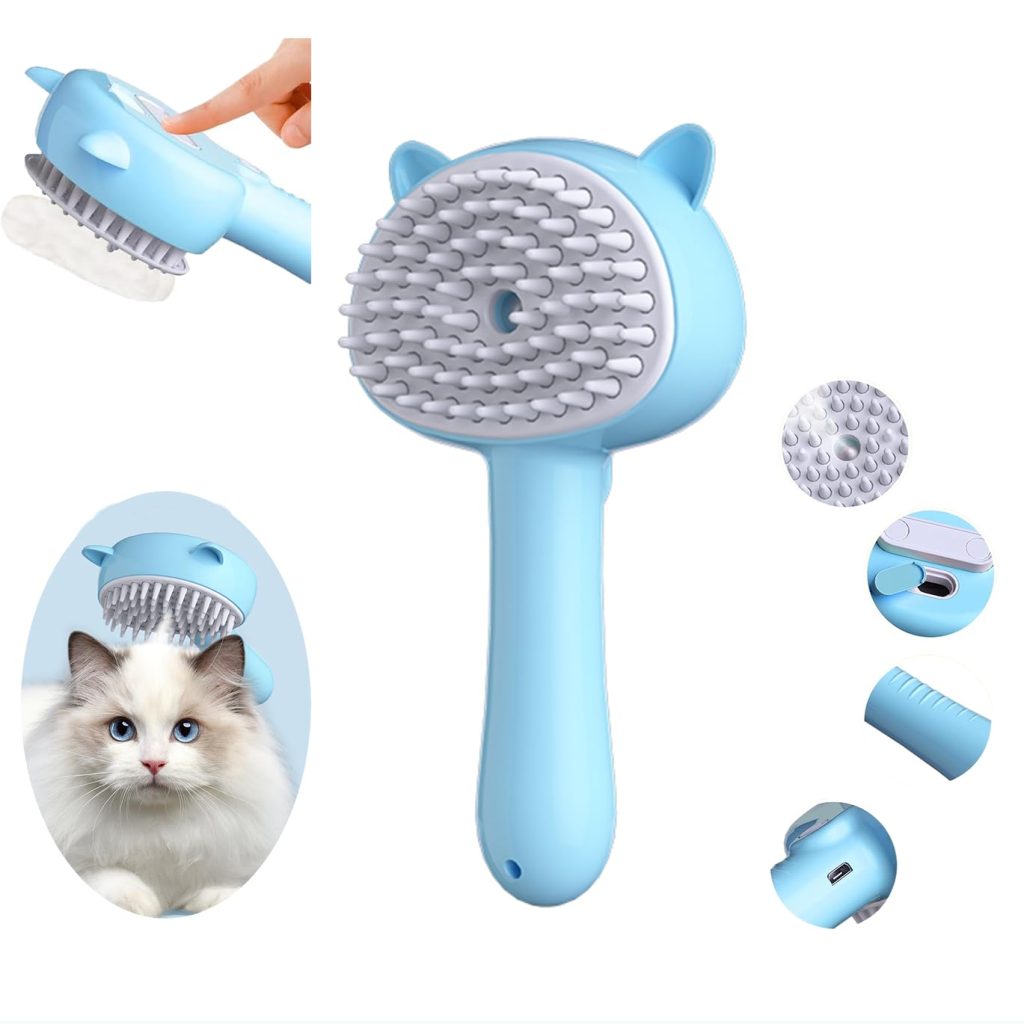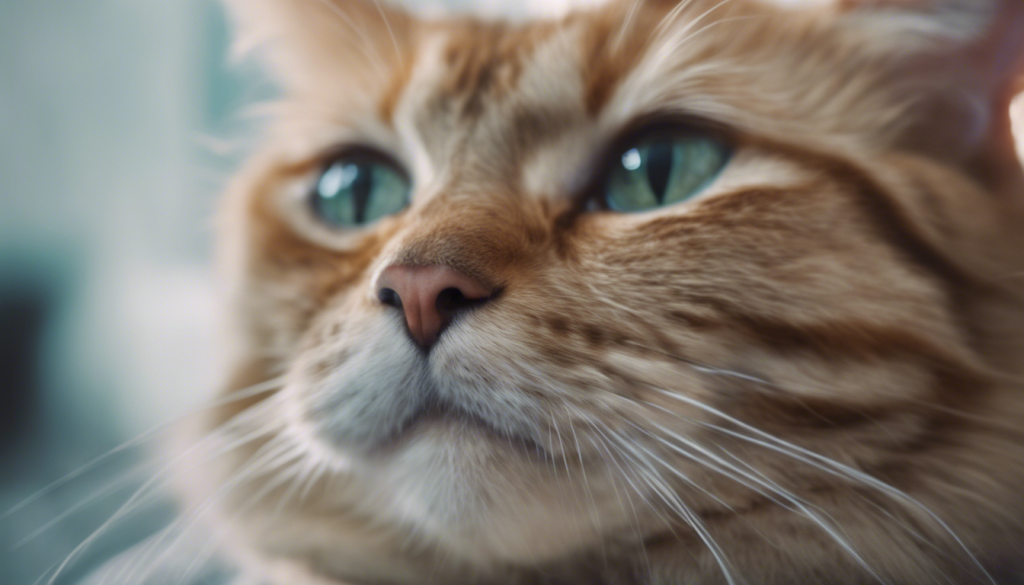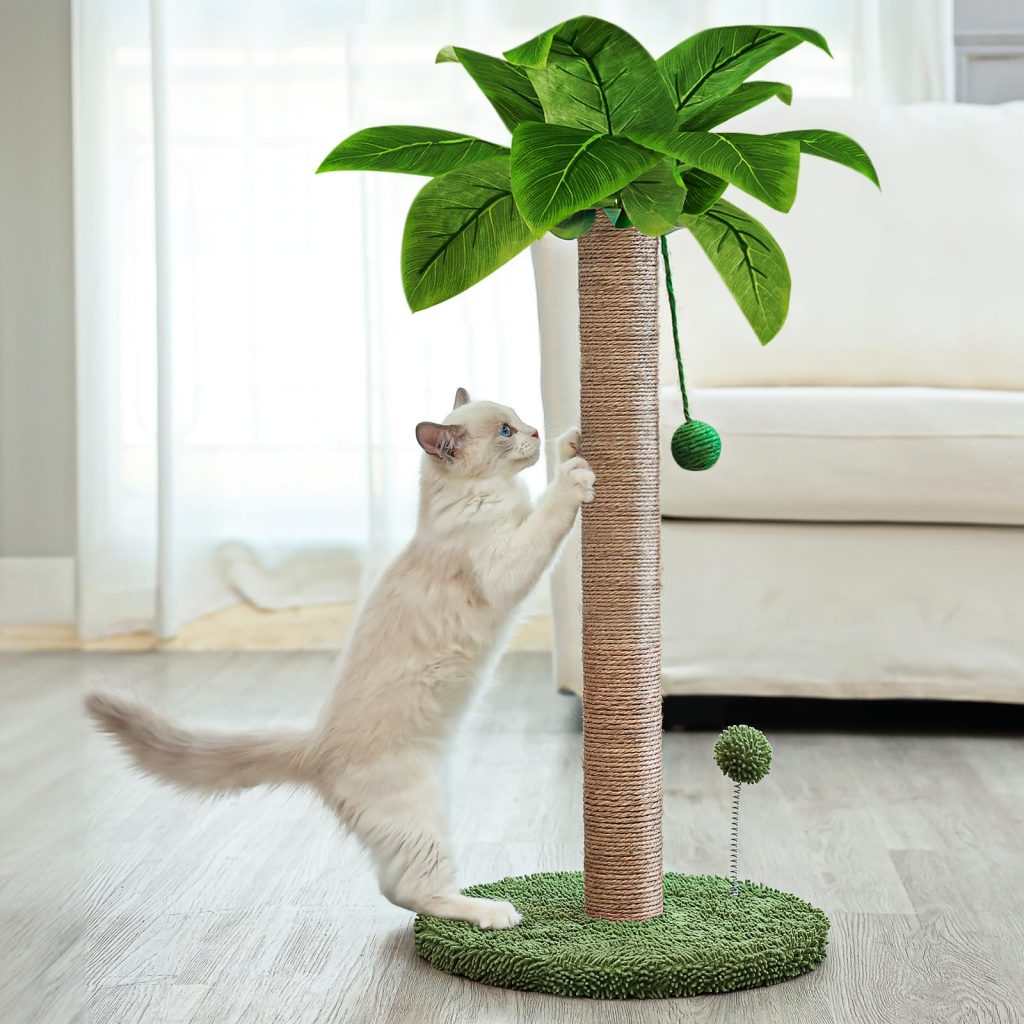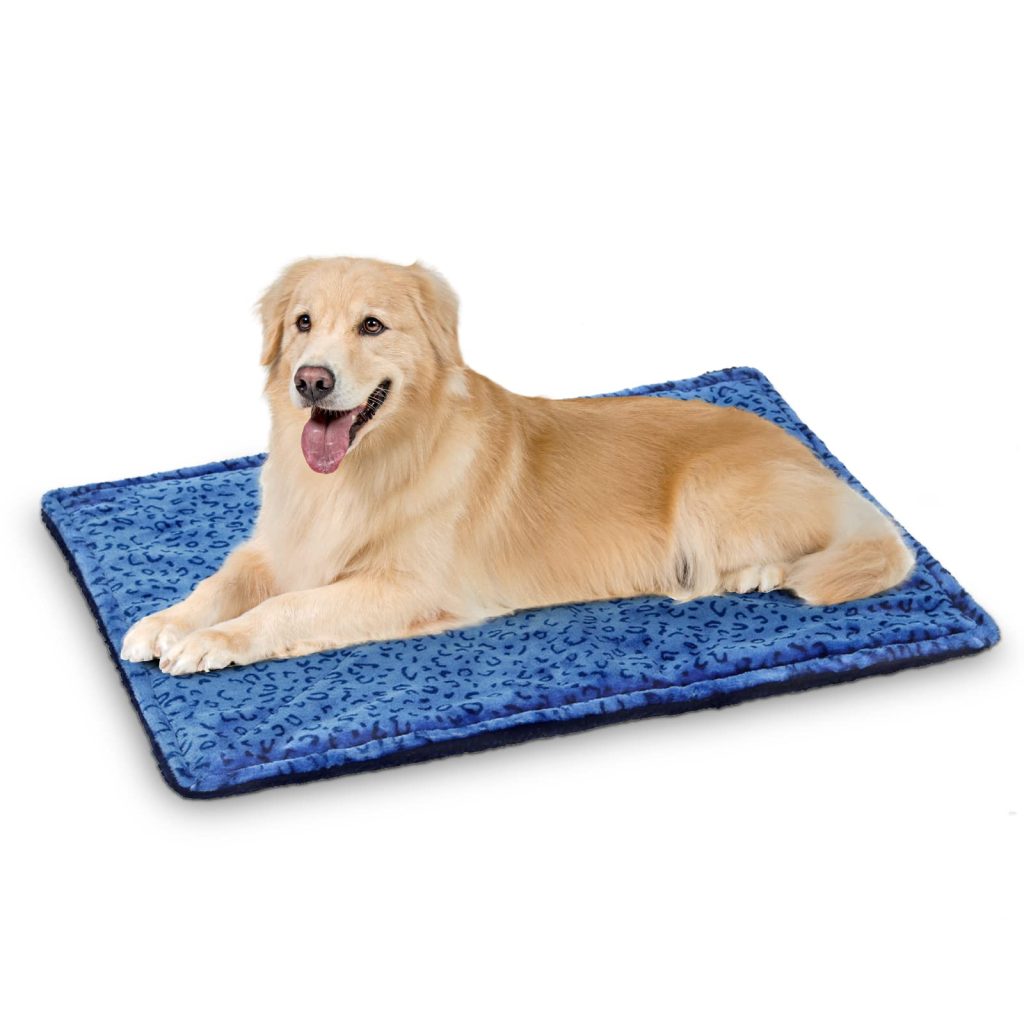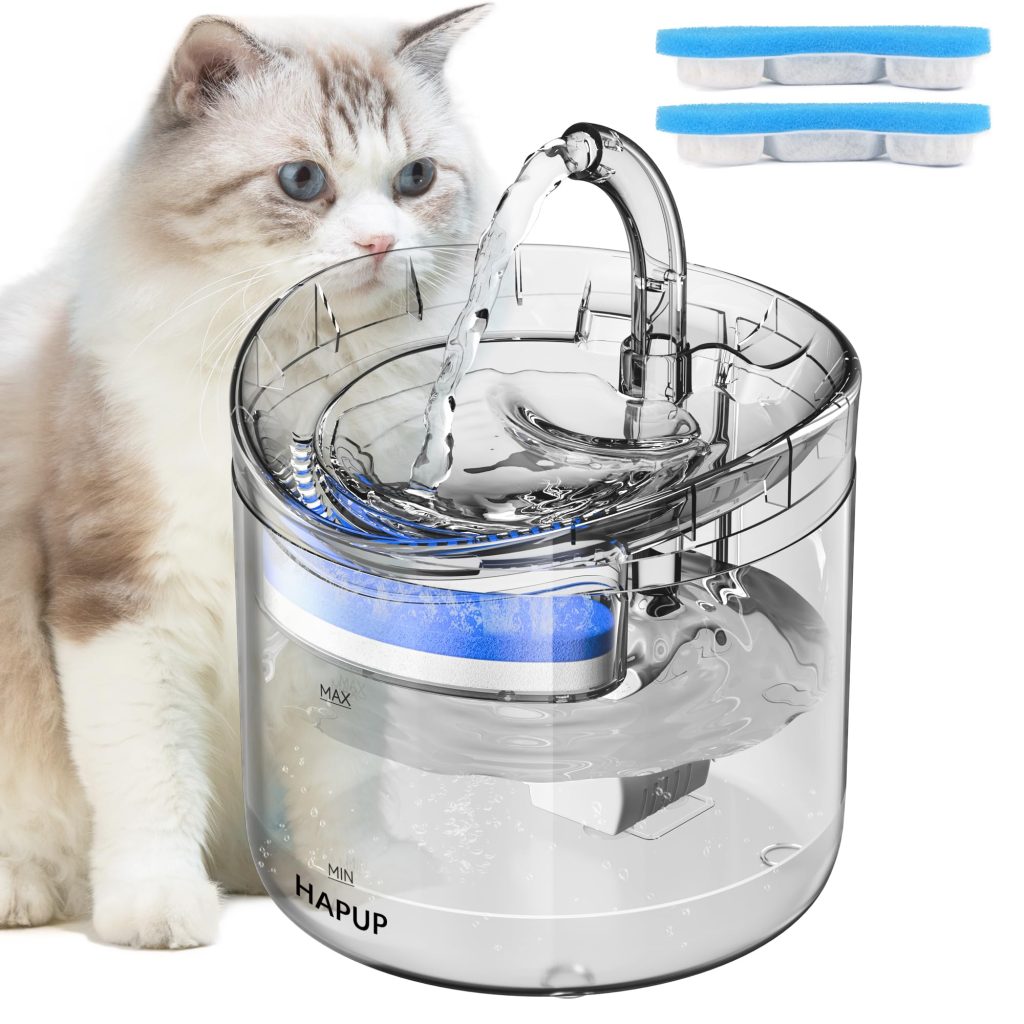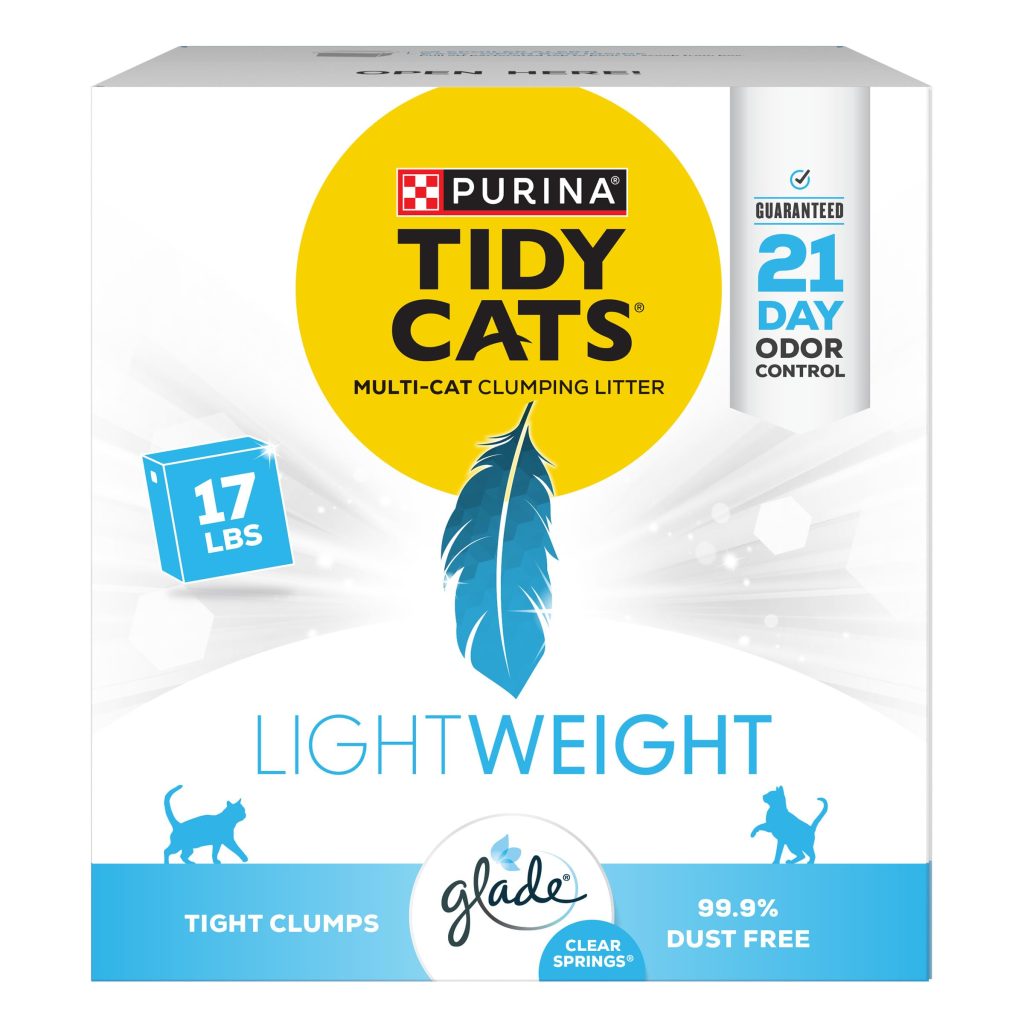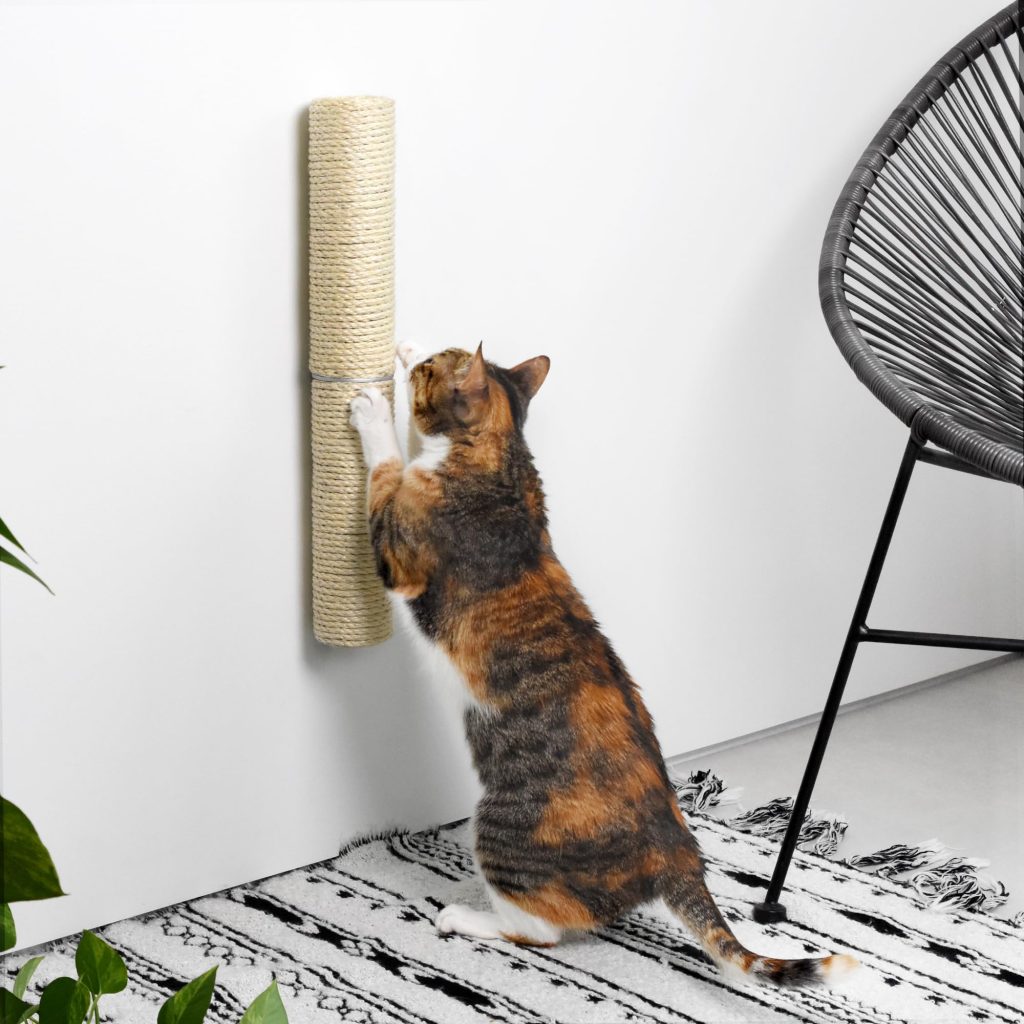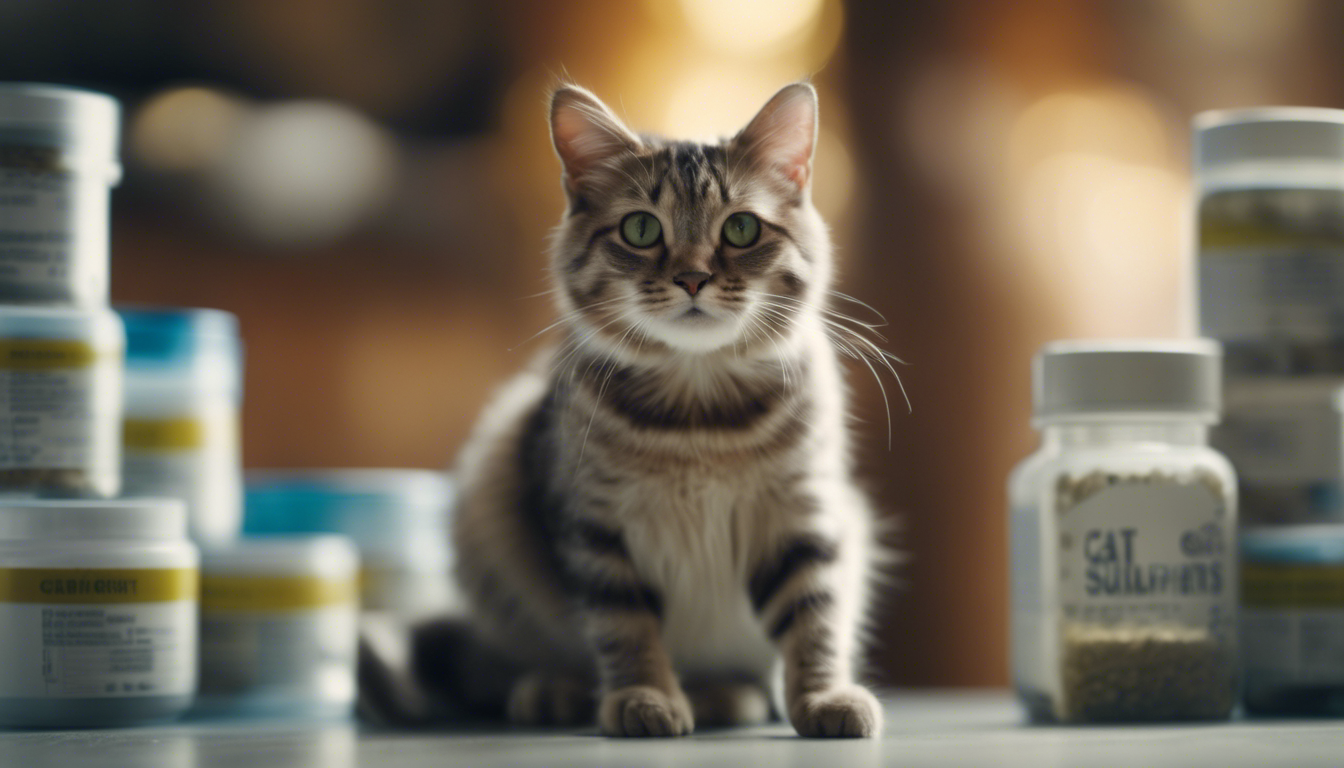
Cats are beloved companions that bring joy and companionship to millions of people around the world. As responsible pet owners, it’s our duty to ensure that our feline friends receive the best possible care, including a nutritious diet. A balanced and complete diet is important for their overall health and well-being. While a high-quality commercial cat food can provide most of the essential nutrients, there are instances where supplementation may be necessary to meet specific dietary needs or support particular health conditions.
The Significance of Supplements in Cat Nutrition
Supplements play a important role in maintaining the health of cats. They help to bridge nutritional gaps and ensure that feline companions receive all the necessary vitamins, minerals, and other essential nutrients that may be lacking in their regular diet. These supplements can come in various forms, such as powders, liquids, or treats, making them convenient to administer.
Certain life stages and circumstances may necessitate the use of supplements. For instance, kittens have unique nutritional requirements to support their rapid growth and development. Supplementing their diet with specific nutrients like calcium and vitamin D can aid in proper bone formation. Similarly, senior cats may benefit from supplements that address age-related concerns such as joint health and cognitive function.
Nutritional Components in Cat Supplements
When considering supplements for your cat, it’s essential to understand the various nutritional components they may offer:
- Vitamins: Just like humans, cats require an adequate intake of vitamins to maintain optimal health. Vitamins such as A, D, E, and B-complex play important roles in their overall well-being, supporting everything from vision and immune function to energy production and healthy coat.
- Minerals: Minerals are vital for various physiological functions, including the formation of strong bones and teeth, nerve transmission, and muscle contraction. Essential minerals for cats include calcium, phosphorus, magnesium, and zinc.
- Omega-3 Fatty Acids: These beneficial fats are known for their anti-inflammatory properties and can support healthy skin and coat, joint health, and cognitive function. They are commonly derived from fish oil and are often included in supplements.
- Probiotics: Probiotics are beneficial bacteria that promote a healthy gut microbiome. They can aid in digestion, nutrient absorption, and immune system regulation. Probiotic supplements can be particularly helpful for cats with gastrointestinal issues or those taking antibiotics.
The Positive Impact of Supplements on Cats
Supplements can offer several benefits to our feline companions:
- Improved Nutrient Intake: Some cats may have dietary restrictions or be picky eaters, which can lead to deficiencies in certain nutrients. Supplements can help fill these gaps and ensure they receive the necessary vitamins and minerals for optimal health.
- Support for Specific Health Conditions: Cats with certain health conditions, such as urinary tract issues or allergies, may benefit from targeted supplements. These supplements can alleviate symptoms, promote healing, or support the overall management of the condition.
- Promotion of Joint Health: Older cats or those with joint issues may benefit from supplements containing glucosamine and chondroitin, which support cartilage health and improve mobility.
- Enhanced Skin and Coat: Supplements containing omega-3 fatty acids can help combat dry skin, reduce shedding, and promote a shiny coat. These nutrients also have anti-inflammatory properties that can benefit cats with skin allergies or irritations.
- Immune System Support: Certain supplements, such as those containing antioxidants like vitamin C and E, can support a cat’s immune system, helping to ward off common illnesses and infections.
“Supplements can serve as valuable tools in maintaining your cat’s overall well-being, filling nutritional gaps, and supporting specific health concerns.”
As always, it is essential to consult with a veterinarian before introducing any new supplements or making significant changes to your cat’s diet. They can provide valuable guidance tailored to your cat’s individual needs and ensure that the supplements chosen are safe and appropriate.
In conclusion, supplements play a significant role in maintaining the health and well-being of cats. When used correctly and under expert guidance, they can provide essential nutrients and support various aspects of feline health. By prioritizing proper nutrition and considering supplementation when necessary, we can help our furry companions live long, happy, and healthy lives.
